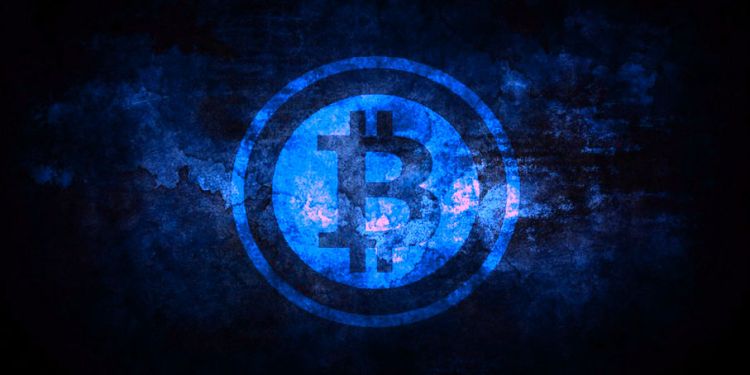New research investigates whether Tether, a digital currency pegged to the US dollar, played a role in the price of Bitcoin and other cryptocurrencies during the recent boom. The academic paper is authored by John Griffin, a finance professor at the University of Texas, and Amin Shams, a graduate student.
Griffin, who runs a consulting firm that works on financial fraud cases, has a track record of using algorithmic analysis to assess fraud in financial markets. He and his colleague tracked blockchain data to determine that the meteoric rise in Bitcoin last year was not an organic event. Instead, Tether purchases followed market downturns as Tether was used to supply artificial price support. Such purchases, according to their supply-based hypothesis, created dramatic increases in the price of Bitcoin.
Bitcoin soared in December following the start of the futures market when it peaked to nearly $20,000. Bitcoin is currently trading around $6,430.00, at it’s lowest level since February.
Cryptocurrency exchange Bitfinex was subpoenaed by the US Commodity Futures Trading Commission on December 6, 2017, over concerns that Tether, which is owned by Bitfinex’s Giancarlo Devasini and Philip Potter, was not being transparent. It failed to issue the names of the banks where it was holding the US dollars that allegedly backed Tether tokens.
Writes Griffin:
“First, if the Tether founders, like most early cryptocurrency adopters and exchanges, are long on Bitcoin, they have a large incentive to create an artificial demand for Bitcoin and other cryptocurrencies by ’printing’ Tether. Similar to the inflationary effect of printing additional money, this can push cryptocurrency prices up. Second, the coordinated supply of Tether creates an opportunity to manipulate cryptocurrencies. When prices are falling, the Tether creators can convert their Tether into Bitcoin in a way that pushes Bitcoin up and then sell some Bitcoin back into dollars to replenish Tether reserves as Bitcoin price rises. Finally, if cryptocurrency prices crash, Tether creators essentially have a put option to default on redeeming Tether, or to potentially experience a ’hack’ where Tether or related dollars disappear. Both the ’pushed’ and ’pulled’ alternatives have different testable implications for flows and cryptocurrency returns that we can take to the powerful blockchain data.”
Another report published last year concluded that Bitcoin’s meteoric rise in 2013 was also due to a coordinated effort to manipulate the price. The players at that time were alleged to be at defunct cryptocurrency exchange Mt. Gox.
Redditors sounded the alarm bells in November of 2017 that Bitfinex was exhibiting similar bad practices.
While Griffin’s report is not conclusive, it does rely on blockchain evidence of millions of transactions that provide a large data set for statistical analysis. The evidence would also suggest that technical analysis on Bitcoin’s price action since December may have been tainted by price manipulation.
According to The New York Times, Bitfinex has not responded to requests for a comment.





